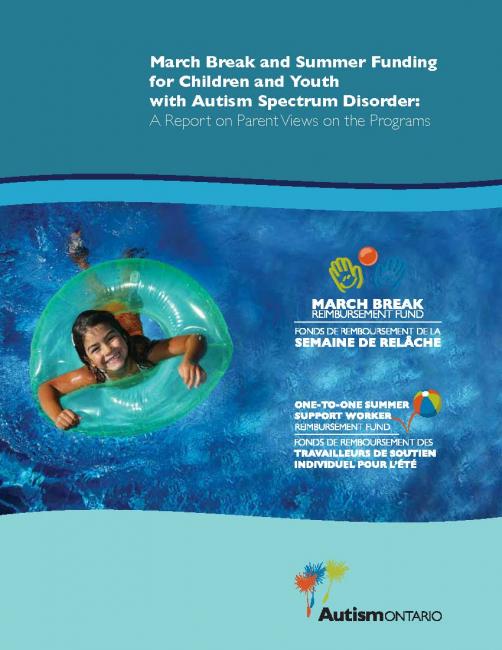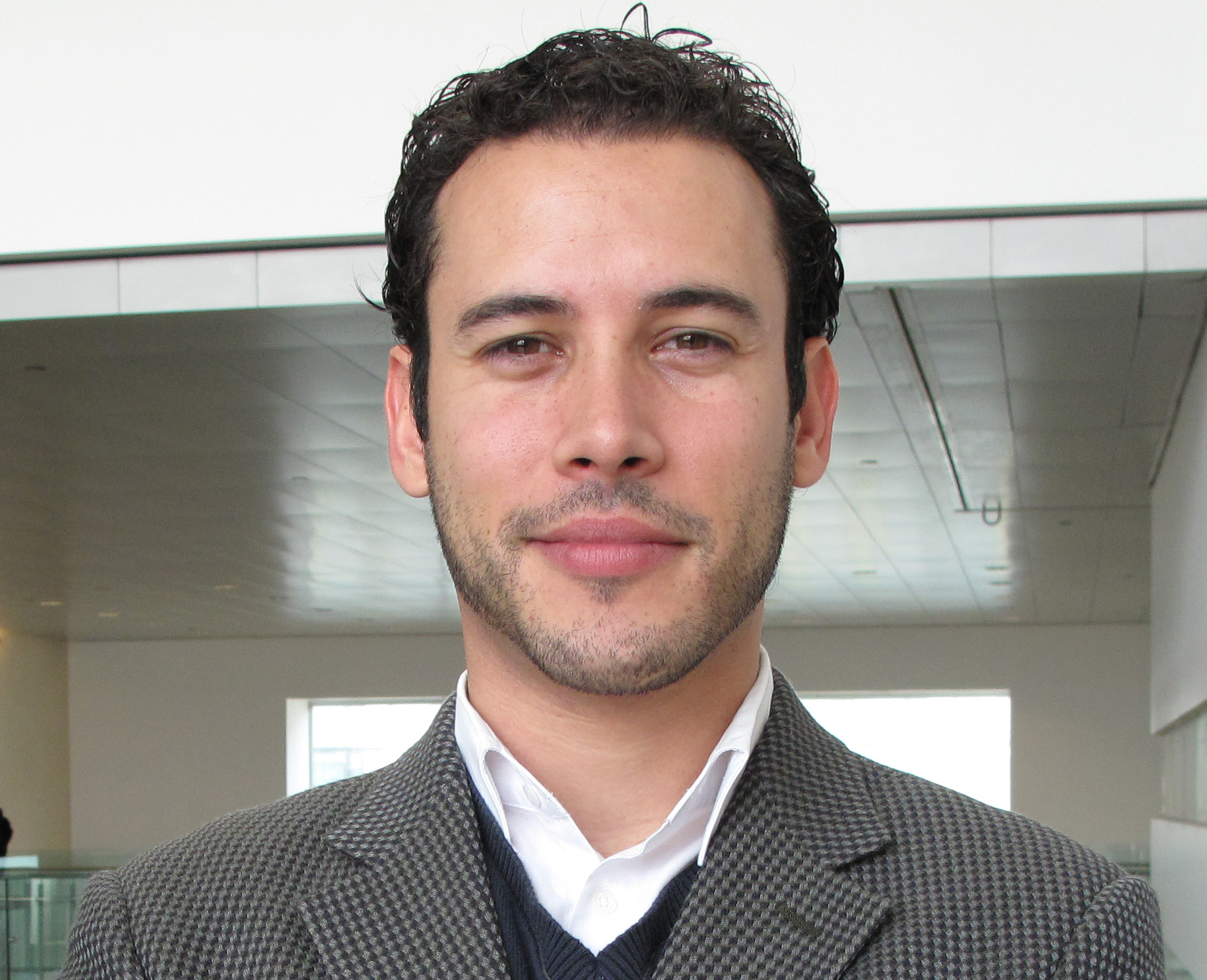Recherche
Légende
|
Accepte de nouveaux clients
|
N’accepte pas de nouveaux clients
|
|
Les services sont fournis en ligne
|
Se déplace dans les secteurs adjacents
|
|
Se déplace dans les secteurs éloignés
|
Clinicien(ne) réglementé(e) / agréé(e)
|
Free Adult Guardianship education
Notary Public services such as: witness signatures, commission forms and documents, certified true copies, administer oaths and declarations, etc.
Note: no physical location, programming takes place in the community or client home
Groupes de soutien pour les parents
Consultations de santé mentale pour les parents
Notre approche est interculturelle et inclut l'éducation sur les aspects culturels de l'autisme et la réaction des familles. Les familles avec lesquelles nous travaillons sont issues des communuatés noires principalement, mais il y'en a quelques unes issues de la diversité. Nos activités se donnent en ligne ou en présentiel.
- Education, (Secondary, Post-secondary,)
- Career Development
- Relationships/dating,
- Service Navigation and Obtaining Funding
- Personal growth/Self-development
- Tools and INSIGHTS required to fulfill their needs and desires
Webinar - Health & Fitness on the Spectrum with Daniel Roth
Join Daniel Roth for a discussion about the health risks facing individuals with developmental disabilities, why exercise should be a priority, and how to overcome the barriers to accessing and participating in healthy activities. Learn what makes for a successful exercise program and simple strategies to help get your family moving this summer.
Daniel Roth is a personal trainer, strength and conditioning specialist, and behaviour therapist. He has been working with adults and youth with special needs and developmental disabilities for the past 10 years. He is the owner and director of Level Up Fitness Academy which specializes in creating fitness programs for individuals with developmental disabilities.
Webinar - Addressing Bullying In Youth with ASD with Jonathan Weiss
Children with Autism Spectrum Disorders often experience bullying at school, and it is important that parents and professionals work together to address this problem.
This webinar reviews ways of supporting youth who are experiencing bullying to increase their coping skills and to help stop the problem from happening in the future. Effective interventions require knowledge and a team approach, and the current workshop discusses what children can do, and what adults can do, to make everyone feel more safe.
Presenter:
Dr. Jonathan Weiss, PhD, is an Associate Professor in the Department of Psychology at York University and Clinical Psychologist. He completed a postdoctoral fellowship at the Centre for Addiction and Mental Health and University of Toronto, Dept. of Psychiatry, and held the federal Chair in Autism Spectrum Disorders Treatment and Care Research. He currently holds a York Research Chair in Autism and Neurodevelopmental Disability Mental Health. His research focuses on the prevention and treatment of mental health problems in people with autism or intellectual disabilities across the lifespan. He conducts studies into how people with developmental disabilities access mental health care, and is interested in their health service needs, their emergency service use, and their experiences of psychiatric crisis.
Frequently Asked Questions: Getting a Diagnosis of Autism Spectrum Disorder (ASD) in Adolescence or Adulthood?
Even though we have known about autism for several decades, it is still common for older youth or adults to come to the attention of clinicians while seeking assessment for a possible Autism Spectrum Disorder (ASD). Below are some of the most common questions from parents of youth or adults, or from the adults themselves, when seeking an ASD diagnosis.
Webinar -Successful Parents, Happy Families: 12 Strategies for Stressful Times [COVID Edition!] with Dale Munro
Being a parent/family member of an autistic child, teen or adult can be highly stressful. “Perfect” parents and families do not exist, but some cope better than others. In his counselling practice, “successful parents” have taught Dale twelve strategies (secrets) for a happier and more fulfilling family life. With ideas from stress management and family therapy research, and keeping in mind the impact of COVID-19, this session will reveal and discuss these strategy ‘secrets’.
Presenter: J. Dale Munro, MSW, RSW, FAAIDD
J. Dale Munro, MSW, RSW, FAAIDD is an individual, couple & family therapist in full-time private practice in London, Ontario. He is a clinical affiliate with The Redpath Centre in Toronto. He is a well-known speaker across North America who has worked in the ASD field for over 40 years. He has won awards for his work; and published articles in many international books and journals.
A Sibling’s Perspective
On April 3, 2012, my brother John and I had the great pleasure of participating in the sibling session of the 4th biennial Stages of Autism: Adolescence and Beyond Conference. We shared with the audience a bit of John’s and our family’s story which hopefully is summarized with some coherence in the paragraphs that follow.
Sensory Strategies for Teens and Adults
People of all ages can require strategies that help regulate (stimulate or calm) their nervous systems. “Sensory-seeking individuals often continue to crave input as they get older…sensory-seeking can impact an individual’s work, leisure and self-care. Remember the need for intense input does not automatically disappear just because a person is older”.
Addressing Mental Health Issues
This article summarizes some of the information contained in the report entitled: “Diversity in Ontario’s Youth and Adults with Autism Spectrum Disorders: Complex Needs in Unprepared Systems”.
Mental health disorders in youth and adults with Autism Spectrum Disorder (ASD) pose a significant clinical problem and often have a marked effect on their quality of life. Anxiety disorders and mood disorders occur at a higher rate in individuals with ASD compared to the general population. However, the dearth of services for youth and adults on the spectrum means that mental health issues may not be adequately addressed. “The implications of not proactively addressing the co-morbid mental health issues in ASDs concern clinicians in the field of autism, as well as the individuals themselves, and their families” (Stoddart, Burke & King, 2013, p, 84). This lack of recognition is exemplified when an individual on the autism spectrum is not diagnosed or treated as having ASD in the mental health system—or alternatively, when a person receives services relating only to the features of autism, and cannot access generic mental health services due to reluctance to treat somebody
Finding and Keeping Employment
This article summarizes some of the information contained in the recent report entitled Diversity in Ontario’s Youth and Adults with Autism Spectrum Disorders: Complex Needs in Unprepared Systems.
Finding and keeping meaningful employment is often a challenge for youth and adults with Autism Spectrum Disorder (ASD). Underemployment is also a concern, as many individuals are employed in positions that require performance significantly below their skills, knowledge, or training. Being employed and self-sufficient financially contributes to improved self-esteem, increased independence and reduces reliance on income support programs.
Young Adults with Developmental Disabilities: Barriers to Employment
This research summary focuses on how young people with developmental disabilities (DDs), like all young people, experience exciting opportunities as they move from adolescence to the demands of adulthood. Becoming an adult for the young person with a developmental disability entails exploring new interests, getting to know their community and new service workers, learning work skills and making new friends. Yet, young adults with DDs and their families experience many more challenges and barriers to achieve their goals than families of children with no disabilities.
2012 March Break and Summer Funding for Children and Youth with Autism Spectrum Disorder: A Report on Parent Views on the Programs
This report was published in 2012.
For over 35 years, Autism Ontario has worked with the Government of Ontario towards a vision of “acceptance and opportunities for all individuals with ASD”. One initiative of Autism Ontario was to develop a program that would provide direct financial support to families of children with Autism Spectrum Disorders (ASD) to enable them to participate in community-based activities/programs throughout the Summer and March Break vacations from school, such as camps and recreational programs. Financial support for Summer funding was first provided by the Ministry of Children and Youth Services in 2007. Funding could be used by families in a variety of ways. The funding could be used by families to pay for
community recreational/camps programs or one-to-one support over March Break or one-to-one support
during summer holidays.
The direct goals of this program were: (1) to provide families with respite; (2) to support community and recreational participation of children with ASD; (3) to provide high-quality programing opportunities; and (4) to help provide continuity of care during vacation periods defined by the school calendar. Through these four primary goals, it was hoped that several secondary objectives may be achieved: (1) lower parental stress; (2) improvement in skills of the children; and (3) modest improvement in ASD symptomatology. An evaluation component of the program was initiated by Autism Ontario to measure the effective and ineffective elements of the program. This paper will provide an overview of the process involved in the
evaluation of the March Break and Summer Funding program, along with a review of the results of the evaluation. First, a very brief overview of some research supporting the importance of the identified program goals will be reviewed. Next, the evaluation process will be described, followed by a review of the results from the program evaluation. Finally, an executive summary will provide a concise overview of key messages of this evaluation.
Empowering Families The “Step Approach Model” for Effective Advocacy
This article argues that families of individuals with ASD can benefit greatly from learning the “Step Approach Model” for effective advocacy. Families of children, teens and adults with ASD (and related diagnoses) sometimes lack the necessary skills and confidence to raise concerns comfortably and constructively with human service systems. Yet, families sometimes have more real political “clout” in affecting change in educational, developmental, social service and health systems than they realize at first (Schields, 1987). When families raise concerns, they stand outside of existing systems. They have access to sources of influence (e.g., mainstream and social media, top government or bureaucratic decision-makers, self-help and advocacy groups) not ordinarily available to people employed by service organizations.
Webinar - Promoting Mental Health in Autistic People: The Importance of Context and Support with Jonathan Weiss
This webinar will review the state of the evidence and best practice in understanding mental health problems experienced by adolescents and adults on the spectrum. We will discuss how we can use conceptualizations of thriving to move beyond solely deficit models, for understanding and planning supports.
Presenter: Jonathan Weiss, Ph.D.
Dr. Jonathan Weiss is an Associate Professor in the Department of Psychology at York University, a Clinical Psychologist, and holds the York University Research Chair in Autism and Neurodevelopmental Disability Mental Health.
Webinar - Employment Readiness 5/5 - Social Scenarios at Work with Sarah Southey
In this workshop, Sarah will use her “Three C’s” approach to understanding and managing being social at work and apply it to a number of different scenarios. Through Context, Communication and Checking-in we will explore how most situations can be more easily resolved with less anxiety.
Other sessions in this series:
- Part 1 of 5 - Resiliency in Job Searching
- Part 2 of 5 - Values & Interests for Career Matching
- Part 3 of 5 - Resume & Cover Letter Development
- Part 4 of 5 - Interview Skills
Presenter: Sarah Southey, M.S.W.
Sarah is a Social Worker (M.S.W.), and is an affiliate of The Redpath Centre. She see’s clients in Mississauga, Toronto and virtually. She has over 12 years of experience working with adolescents and adults with ASD, ADHD, learning disabilities and mental health issues. Sarah focuses her counselling and research on helping people with ASD find and keep meaningful employment. Sarah uses solution-focused and cognitive behavioural therapy techniques in her sessions.
Webinar - Workplace Neurodiversity - Employer Obligations Debunked with Cheryl Wiles-Pooran
Cheryl will debunk the myths, set the facts straight on employer and employee rights and responsibilities, and provide practical advice for navigating the employment relationship when it comes to key issues related to employees with employees with cognitive differences.
Speaker: Cheryl Wiles-Pooran
Cheryl Wiles Pooran is an experienced human rights, labour and employment lawyer whose practice is dedicated to serving people and social purpose organizations.
Webinar - ONTABA Caregiver Series - Fostering Safe Social Connections During COVID-19 with Carly Eby & Michau van Speyk
The goal of this webinar is to provide information to autistic people and/or their caregivers to foster safe and meaningful social connections online and within pandemic related restrictions. Learn tips for teaching how to stay safe/be safe online and how technology can open doors for social connection.
Additional sessions in this series:
- Creating Structure and Stability in the Home with Dawn Marciello & Joan Broto
- Self Care Skills During COVID-19 with Janice Theodoropoulos
- Ways to Play: Ideas to create activities for kids with Harley Lang
Presenters:
Carly Eby is a Board Certified Behavior Analyst-Doctoral. Carly earned her B.Ed. from McGill University, MSc. in Applied Behavior Analysis (ABA) from Northeastern University, and Ph.D. in ABA from Columbia University. In 2019, Carly founded The Autism Centre of Toronto (TACT), a non-profit organization that provides early intensive ABA services. Carly has taught graduate courses at Simmons University and Elms College, and has published her research in Behavioral Interventions, Behavioral Development Bulletin, and the Journal of Speech-Language Pathology and Applied Behavior Analysis. She currently serves on the Board of Directors for the Ontario Association for Behaviour Analysis (ONTABA) and is Chair of the Professional Practice & Affairs Committee. Carly lives in Toronto with her husband and three children.
My name is Michau van Speyk I’m 25 years old and I live in Toronto, Canada. I have Autism. Since 2016 I have been on the board of directors for the Ontario Autism Coalition (OAC).









